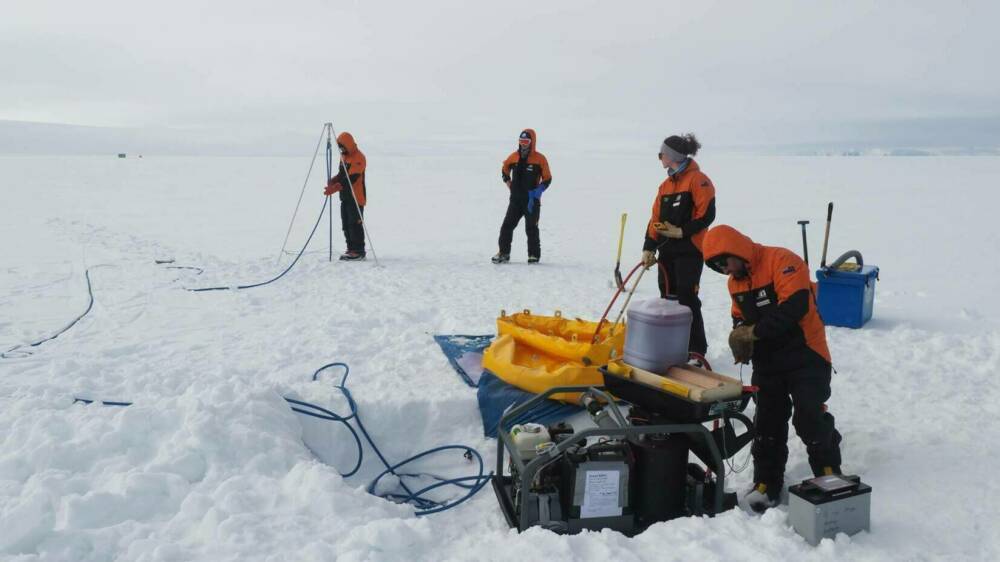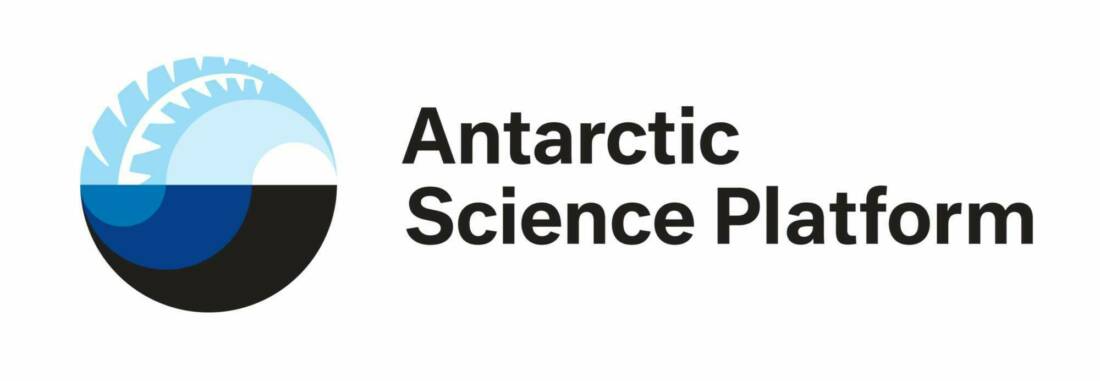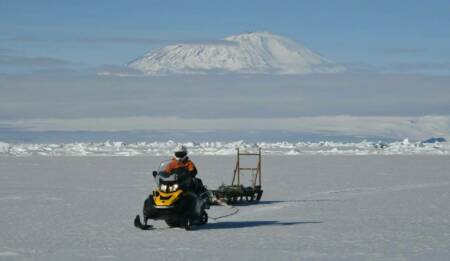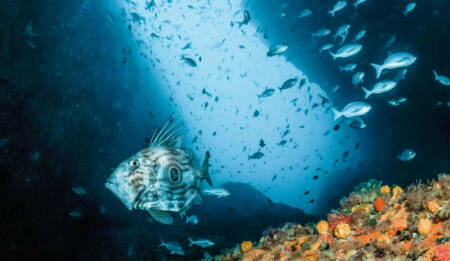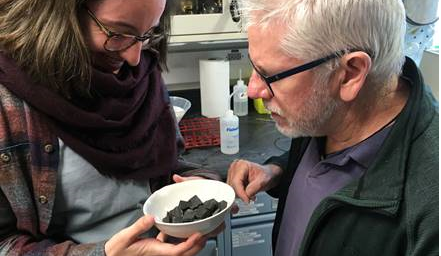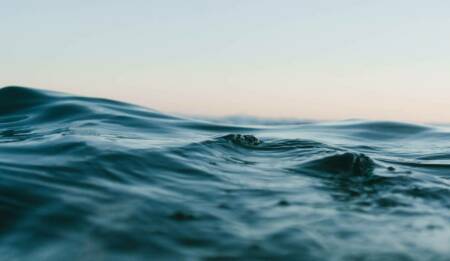Antarctic Science Platform Project 2: Antarctic Ocean mechanics
This project investigates processes within the ocean and atmosphere, and how they interact in the Ross Sea region of Antarctica to influence circulation of the Southern Ocean, stability of the Ross Ice Shelf, changing patterns in seasonal sea-ice and the marine ecosystem.

Background
The Ross Sea region of Antarctica includes the world’s largest floating ice shelf that sits above the world’s largest unexplored ocean. It is also home to the Ross Sea Marine Protected Area. It is a key region where Southern Ocean waters cool, become salty and sink, forming dense bottom water that helps drive global ocean circulation, and control the transport of heat around the world influencing Earth’s climate.
Linked to this sinking cold water, is the upwelling of comparatively warmer, nutrient-rich deep water to the sea surface. This enables nutrients to be exported to lower latitudes providing 75% of global marine primary production in the oceanic food chain north of 30° S.
While changes in the Ross Sea region have global implications, this project focuses on how global warming is affecting the Ross Sea causing the surface ocean to warm and freshen, slowing ocean circulation, melting the Ross Ice Shelf and changing the marine ecosystem.
Project details
The project is a multidisciplinary approach to improve understanding of future changes under a world that is between 1.5-2C warmer – the Paris Agreement target – and a world which is even warmer. The team will achieve this by observing and modelling how the present Ross Sea operates, and testing this knowledge on a past Ross Sea under warmer conditions.
The multiplatform approach will use research ships, sea-ice and ice shelf based access to observe the underlying ocean, instrument moorings to record changing biological and physical properties in key locations, and by taking sediment cores that extend the record of ocean change over thousands of years.
What they hope to achieve
The researchers are looking to:
- understand the role of anthropogenic influences on ocean and atmosphere change in the Ross Sea
- improve knowledge of how ocean and atmosphere changes influence the stability of the Ross Ice Shelf (linked to Project 1)
- understand the influence of ocean and atmosphere change on the structure and dynamics of the ecosystem (linked to Project 3)
- better understand the exchange of carbon dioxide between the ocean and the atmosphere and the role change sea-ice patterns play (linked to Project 4).
Contact
Dr Craig Stevens
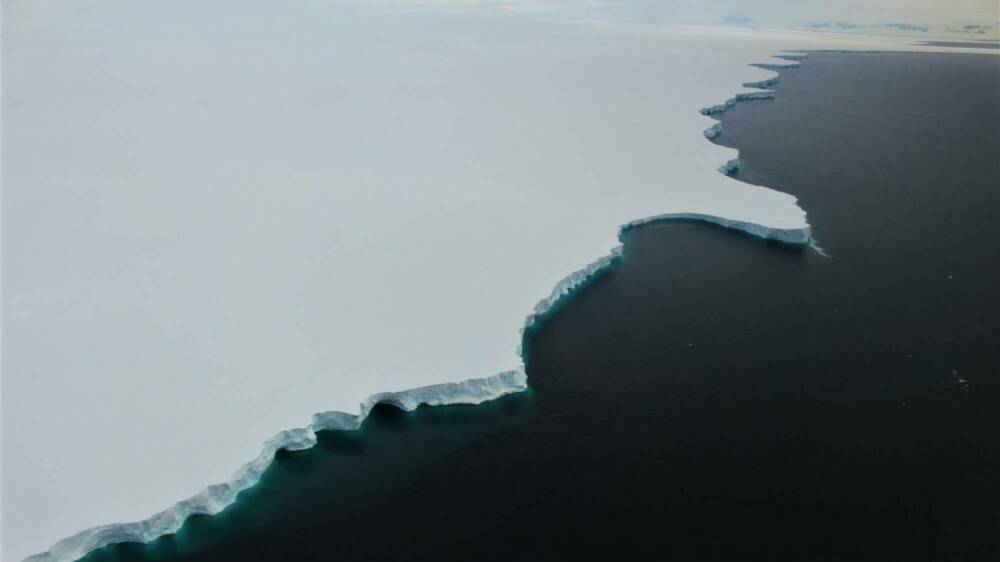
Resource

